The views expressed in our content reflect individual perspectives and do not represent the authoritative views of the Baha'i Faith.
Sunday, April 7th is World Health Day, set aside by the United Nations each year to mark the founding of the World Health Organization (WHO) and to highlight a pressing public health concern.
A significant part of the Baha’i teachings focus on health, and the Baha’is have worked to implement the global goals of the WHO since its inception. In 1989 an agreement was finalized in Geneva establishing formal working relations between the World Health Organization and the Baha’i International Community; and since then the Baha’is have sponsored the development of a model training program for volunteer community health care workers and increased our global efforts in primary health care awareness, particularly in Africa where health care is so hard to access for so many people.

This year the WHO is calling for intensified efforts worldwide to prevent and control hypertension, also known as high blood pressure (BP) or “the silent killer.” The United Nations estimates that hypertension affects more than a third of the world’s adults 25 and older – about a billion people. Are you one of them?
There is no way to know unless you check your blood pressure.
That’s why doctors call high blood pressure a secretive, silent disease – it has few obvious symptoms. You don’t know you have it until you check. And it leads to heart disease, heart attacks and stroke, the world’s number one causes of premature death and disability. In other words, living a long and healthy life means checking and controlling your blood pressure — now.
It’s easy to measure your blood pressure. Just about any doctor or nurse can do it; free clinics and health fairs will check it without any cost; you can buy a home BP cuff and check it at your convenience; and many pharmacies now have free blood pressure machines that allow you to sit down and easily take your own BP. It’s a good idea to check your BP often, because it can change significantly over time.
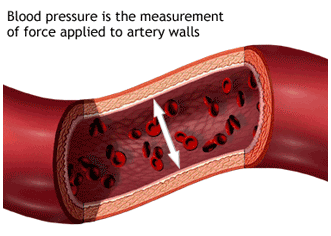
Any consistent BP measurement greater than 140/90 is usually diagnosed as hypertension. If yours fits that description, you should see a doctor. (Blood pressure is typically recorded as two numbers and written as a ratio. The first and highest number, called systolic BP, is the pressure in the arteries when the heart beats; and the second and lower number is the diastolic BP, which measures pressure when the heart is resting between beats.)
Baha’is believe in consulting competent, well-trained physicians to address illnesses. Abdu’l-Baha specifically said that science and religion should agree, and that we should avail ourselves of the best medical, scientific and spiritual methods to cure disease:
There are two ways of healing sickness, material means and spiritual means. The first is by the use of remedies, of medicines; the second consists in praying to God and in turning to Him. Both means should be used and practiced. – Baha’i World Faith, p. 375.
The Baha’i writings also say that the foods we eat contribute significantly to our health, and scientists have since learned that our dietary habits have a huge impact on our blood pressure. Typically, treatment for hypertension is simple and effective, with diet and behavior usually the first line of defense for controlling hypertension. These are the WHO’s standard initial recommendations for those who have high BP:

• consuming less salt
• eating a balanced diet
• engaging in regular physical activity
• avoiding tobacco use
• avoiding harmful use of alcohol.
On the spiritual side of the BP equation, physicians also recommend reducing stress and anxiety, and studies have shown that those who achieve their stress reduction through a consistent practice of prayer and meditation can significantly lower their blood pressure. Many other Baha’i practices, including a loving, non-judgmental attitude toward others, close friendships in the context of a supportive community life and action that arises out of a spirit of service to others have also been clinically proven to reduce stress and blood pressure.
Baha’is love humanity, and we want every person to be healthy, both spiritually and physically – so we would like to warmly invite you, along with the UN and the WHO, to do your heart a big favor and check your blood pressure.
The World Health Organization’s campaign to encourage people to measure their blood pressure is a response to the United Nations Political Declaration on Noncommunicable Diseases, which was adopted by Heads of State and Government in September 2011. The Declaration commits countries to make greater efforts to promote public awareness campaigns to further the prevention and control of noncommunicable diseases such as high blood pressure.


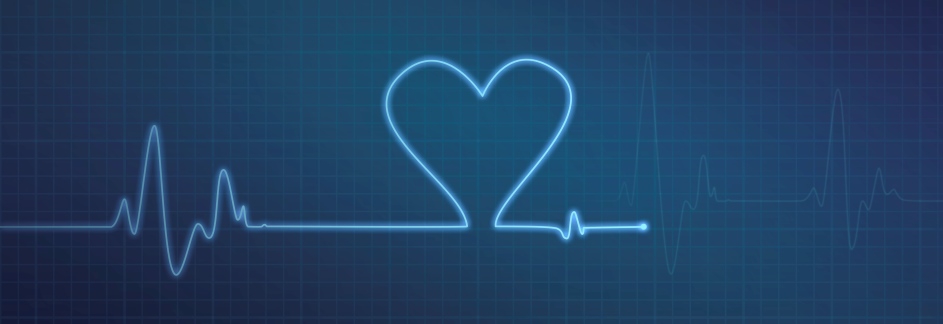

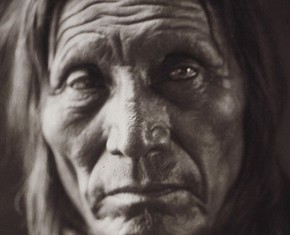
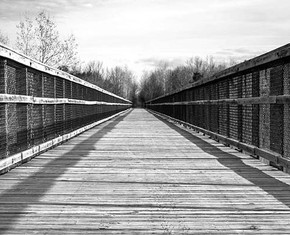
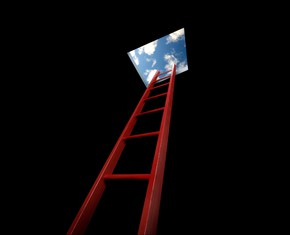









Comments
Sign in or create an account
Continue with Googleor